Microsoft Office 2016 and 2019 are heading for the scrapheap next month – but there could be a lifeline for those unable to upgrade
The tech giant has urged Office 2016 and Office 2019 users to upgrade before the deadline passes

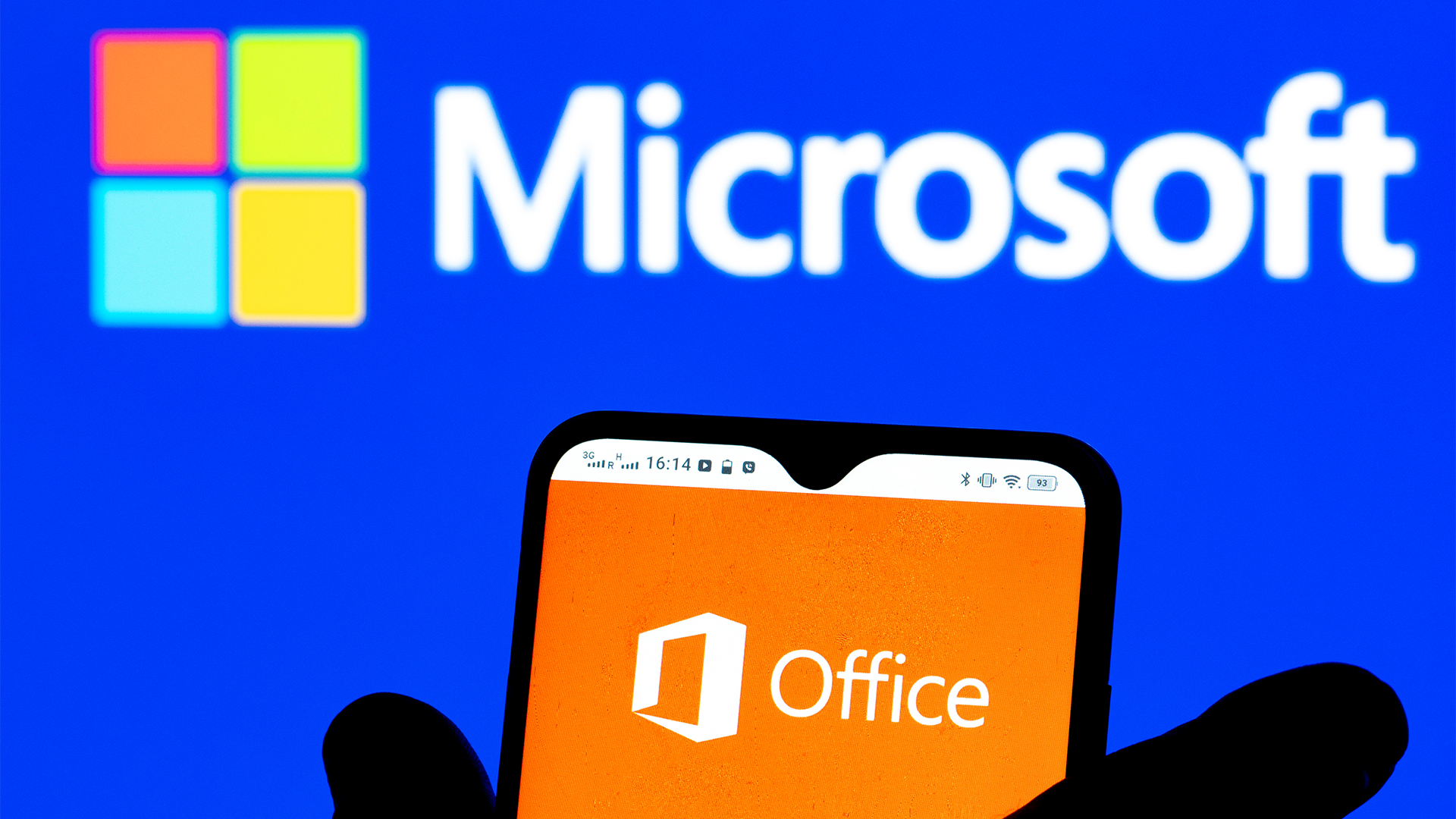
Sign up today and you will receive a free copy of our Future Focus 2025 report - the leading guidance on AI, cybersecurity and other IT challenges as per 700+ senior executives
You are now subscribed
Your newsletter sign-up was successful
Microsoft has urged users of Office 2016 and Office 2019 to upgrade as both applications approach the end of their extended support deadlines next month.
Both applications will no longer receive updates as of 14 October, the tech giant confirmed last week. The move will also see a host of popular apps under the Office umbrella mothballed, including Word, Excel, and PowerPoint.
Similarly, Exchange Server 2016 and 2019 will be scrapped alongside Skype for Business.
This doesn’t mean these Office suites will completely stop working. However, Microsoft has been keen to emphasize that they’ll receive no more updates or technical support.
Opting to stick with these versions puts users at greater risk of security breaches, according to Jeremy Carlson, Microsoft's director of product marketing for the Microsoft 365 portfolio.
“Continuing to use software after end of support can leave your devices vulnerable to potential security threats, productivity losses, and compliance issues,” he wrote in a community notice.
“After that date [14 October], Microsoft will no longer provide security fixes, bug fixes, or technical support for these products.”
Sign up today and you will receive a free copy of our Future Focus 2025 report - the leading guidance on AI, cybersecurity and other IT challenges as per 700+ senior executives
Microsoft urges users to upgrade
Naturally, Microsoft is urging users to sign up for Microsoft 365, its most up-to-date suite of applications. For those with fewer than 300 users, there is the option of Microsoft 365 Business Standard.
This, Carlson explained, represents a more cost-effective option based on their individual needs and budget.
“We know there is no “one-size-fits-all" approach for managing end of support – and we encourage you to explore our business and enterprise plans to find the right fit for your organization,” he wrote.
Notably, there is a lifeline for those that aren’t keen on switching to the cloud-based option, Carlson revealed. This comes in the form of the Office Long-Term Servicing Channel (LTSC) 2024.
This option will give users access to the most recent supported on-prem versions of Office for commercial customers.
“The Office Long-Term Servicing Channel (LTSC) is designed for devices that cannot accept feature updates or connect to the internet,” Carlson explained. “Office LTSC 2024 was released last year along with new on-premises versions of Project and Visio.”
A big month for Microsoft shops
October is set to be a busy month for Microsoft customers worldwide. In addition to Office 2016 and 2019 being scrapped, the end of life deadline for Windows 10 also falls on 14 October, meaning users will either be forced to upgrade or continue without regular updates.
Once again, there is a lifeline for those opting to stick with the older operating system – but it’ll come at a steep price.
Extended support for Windows 10 will set enterprises back $61 per device, and that’s just for the first year. Thereafter, the price doubles on an annual basis for a maximum of three years.
As ITPro reported earlier this month, the total cost worldwide could reach a staggering sum. Analysis from Nexthink found maintaining custom versions of the operating system could top $7.3 billion globally.
A significant portion of users appear to be content with the situation, or at the very least are taking their time ahead of the deadline. Figures from Statcounter showed the operating system still holds a 43% market share.
Based on the current rate of upgrades, this means that around 121 million devices worldwide will still be running Windows 10 by the October deadline.
Make sure to follow ITPro on Google News to keep tabs on all our latest news, analysis, and reviews.
MORE FROM ITPRO
- These popular Microsoft 365 features are being cut in 2025
- Curious about Microsoft 365? Check out our review
- 10 of the best Microsoft 365 features for small businesses

Ross Kelly is ITPro's News & Analysis Editor, responsible for leading the brand's news output and in-depth reporting on the latest stories from across the business technology landscape. Ross was previously a Staff Writer, during which time he developed a keen interest in cyber security, business leadership, and emerging technologies.
He graduated from Edinburgh Napier University in 2016 with a BA (Hons) in Journalism, and joined ITPro in 2022 after four years working in technology conference research.
For news pitches, you can contact Ross at ross.kelly@futurenet.com, or on Twitter and LinkedIn.
-
 Stop treating agentic AI projects like traditional software
Stop treating agentic AI projects like traditional softwareAnalysis Designing and building agents is one thing, but testing and governance is crucial to success
-
 PayPal appoints HP’s Enrique Lores in surprise CEO shake-up
PayPal appoints HP’s Enrique Lores in surprise CEO shake-upNews The veteran tech executive will lead the payments giant into its next growth phase amid mounting industry challenges
-
 Not keen on Microsoft Copilot? Don’t worry, your admins can now uninstall it – but only if you've not used it within 28 days
Not keen on Microsoft Copilot? Don’t worry, your admins can now uninstall it – but only if you've not used it within 28 daysNews The latest Windows 11 Insider Preview will include a policy for removing the app entirely — but only in certain conditions
-
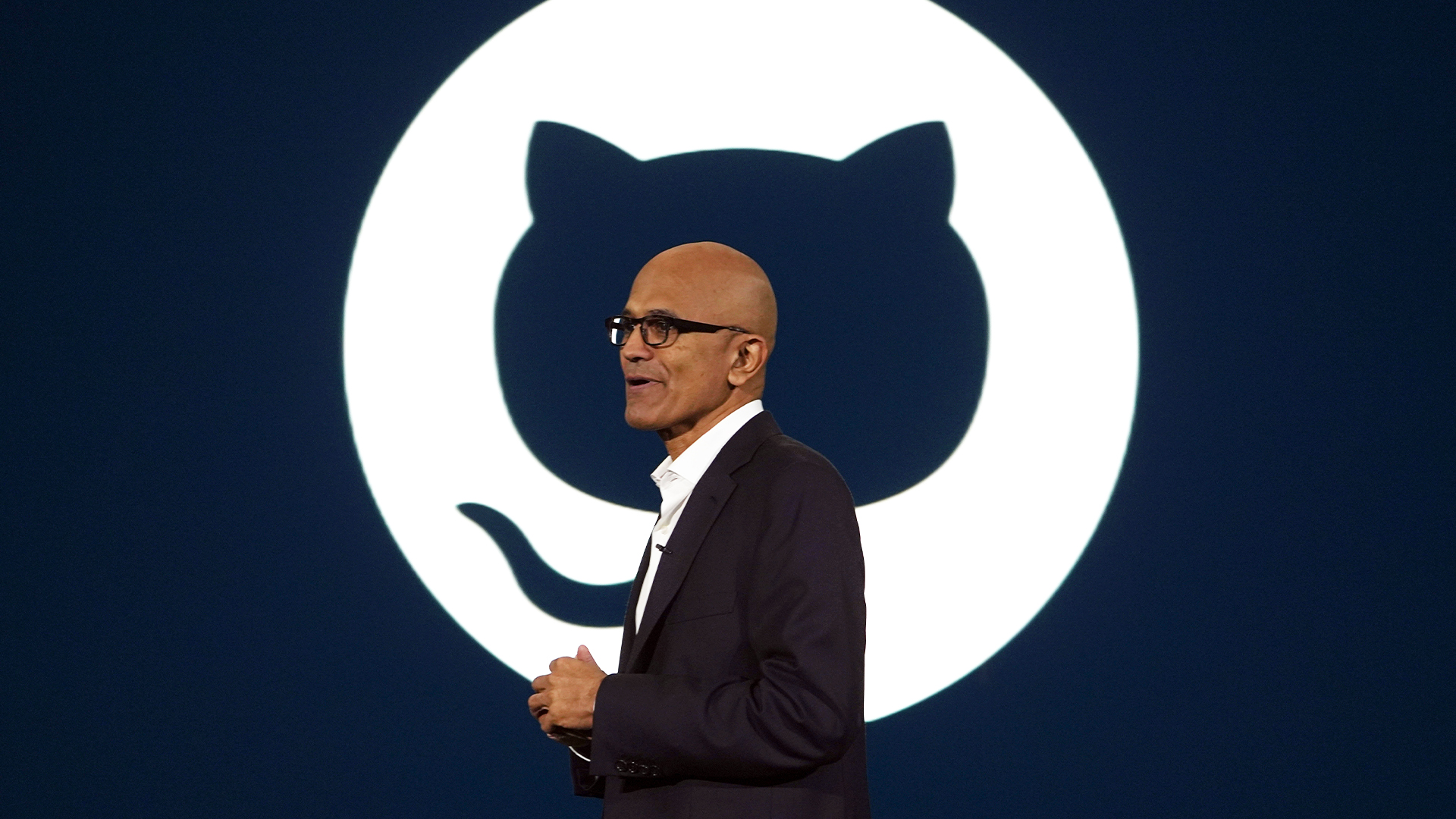 Microsoft is shaking up GitHub in preparation for a battle with AI coding rivals
Microsoft is shaking up GitHub in preparation for a battle with AI coding rivalsNews The tech giant is bracing itself for a looming battle in the AI coding space
-
 ‘1 engineer, 1 month, 1 million lines of code’: Microsoft wants to replace C and C++ code with Rust by 2030 – but a senior engineer insists the company has no plans on using AI to rewrite Windows source code
‘1 engineer, 1 month, 1 million lines of code’: Microsoft wants to replace C and C++ code with Rust by 2030 – but a senior engineer insists the company has no plans on using AI to rewrite Windows source codeNews Windows won’t be rewritten in Rust using AI, according to a senior Microsoft engineer, but the company still has bold plans for embracing the popular programming language
-
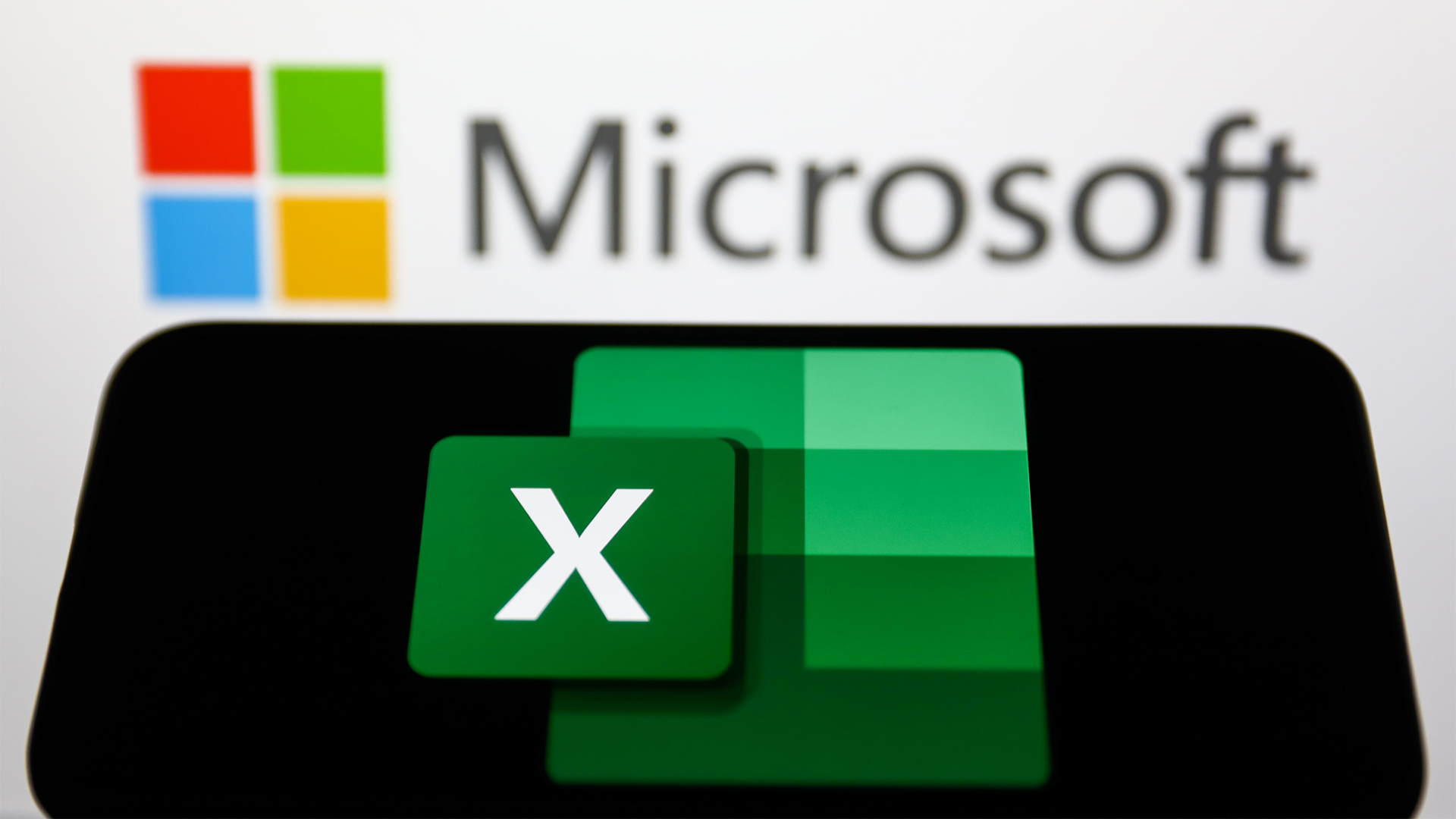 Microsoft Excel is still alive and kicking at 40 – and it's surging in popularity as 82% of finance professionals report ‘emotional attachment’ to the spreadsheet software
Microsoft Excel is still alive and kicking at 40 – and it's surging in popularity as 82% of finance professionals report ‘emotional attachment’ to the spreadsheet softwareNews A recent survey found Gen Z and Millennial finance professionals have a strong “emotional attachment” to Microsoft Excel
-
 Microsoft’s Windows chief wants to turn the operating system into an ‘agentic OS' – users just want reliability and better performance
Microsoft’s Windows chief wants to turn the operating system into an ‘agentic OS' – users just want reliability and better performanceNews While Microsoft touts an AI-powered future for Windows, users want the tech giant to get back to basics
-
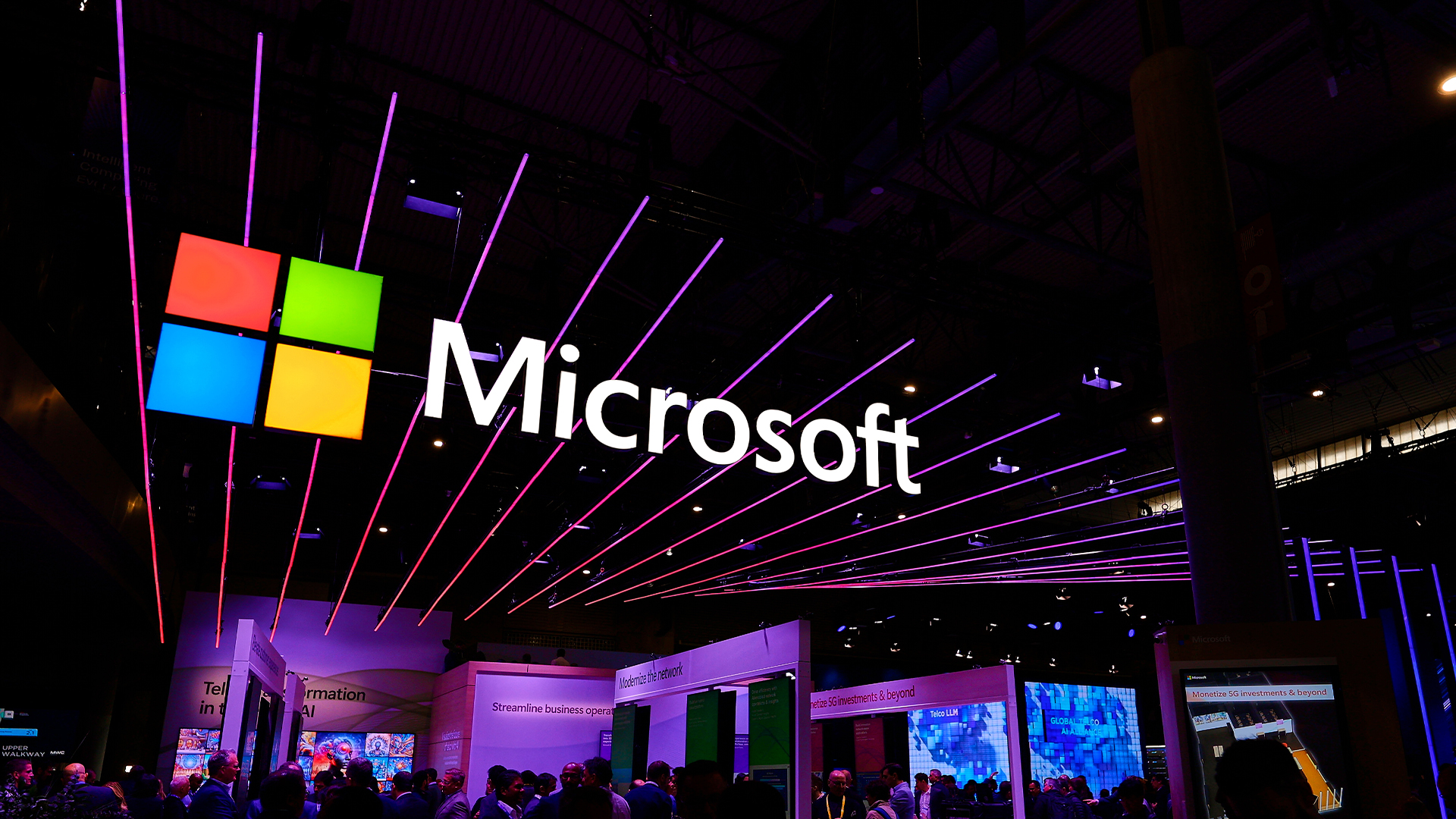 Microsoft 365 price hikes have landed the tech giant in hot water
Microsoft 365 price hikes have landed the tech giant in hot waterNews Australian regulators have filed a lawsuit against Microsoft for allegedly misleading users over Microsoft 365 pricing changes.
-
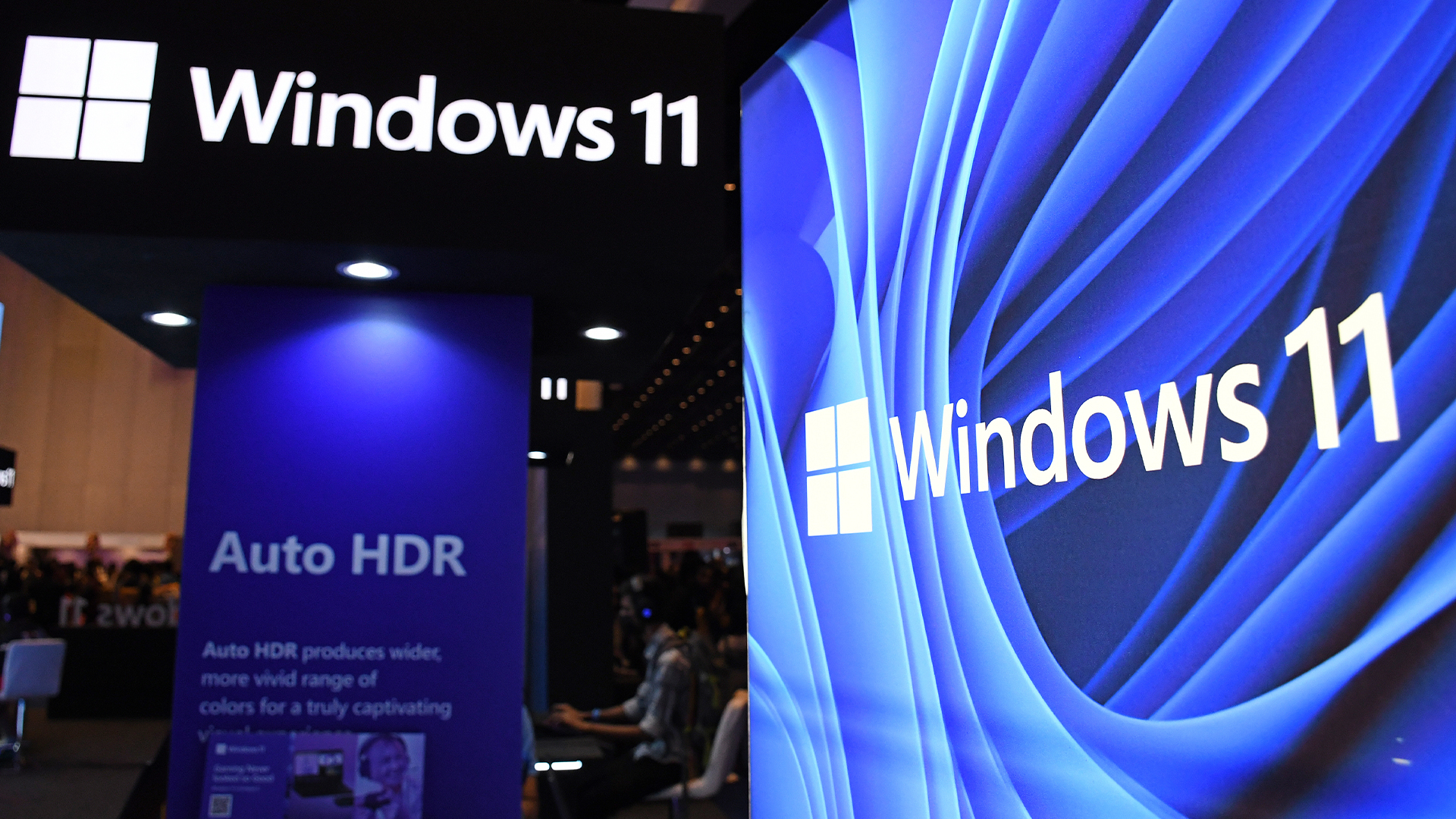 Microsoft issues fix for Windows 11 update that bricked mouse and keyboard controls in recovery environment – here's what you need to know
Microsoft issues fix for Windows 11 update that bricked mouse and keyboard controls in recovery environment – here's what you need to knowNews Yet another Windows 11 update has caused chaos for users
-
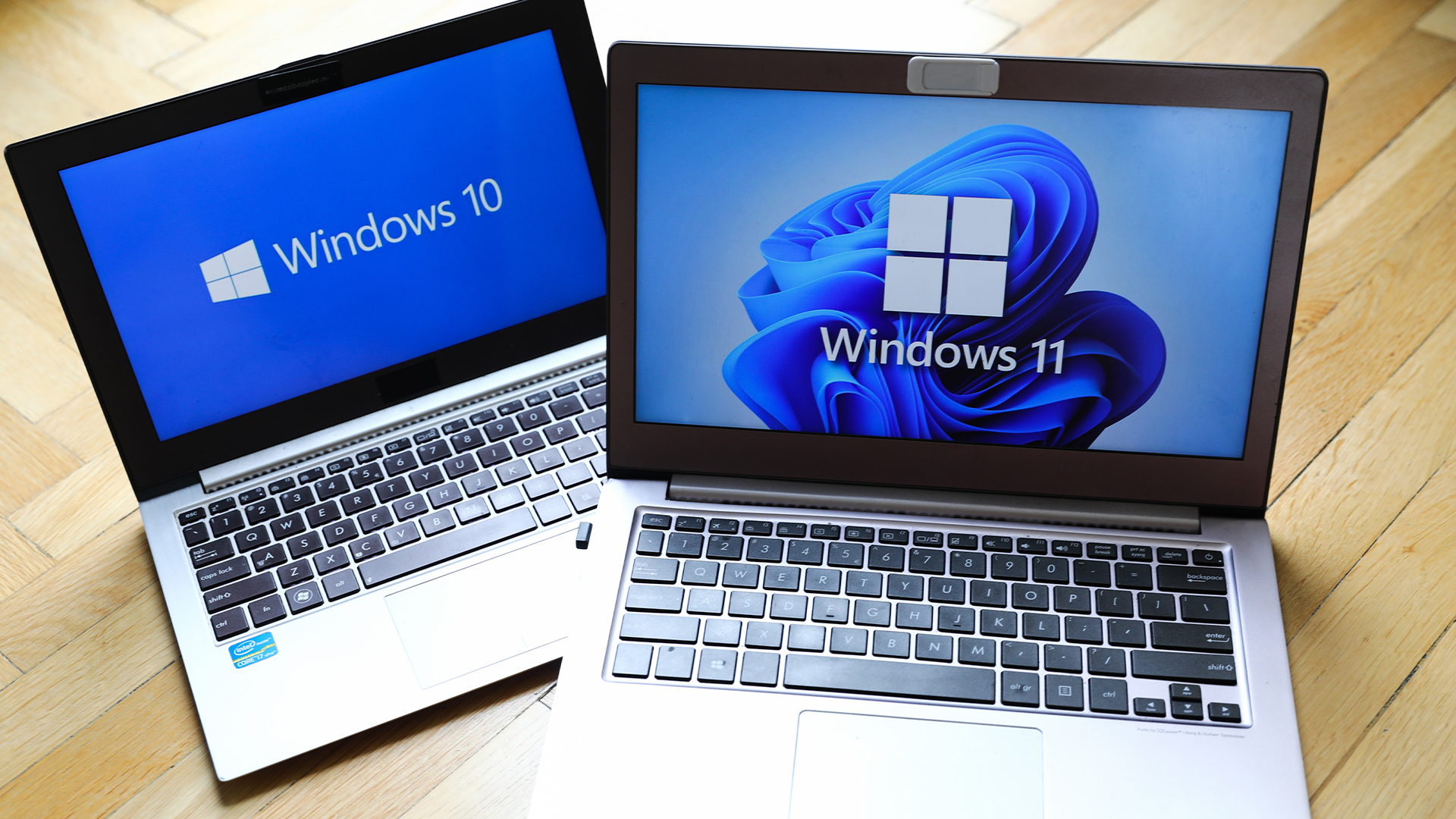 Windows 10 end of life could create a major e-waste problem
Windows 10 end of life could create a major e-waste problemNews The study marks the latest Windows 10 end of life e-waste warning